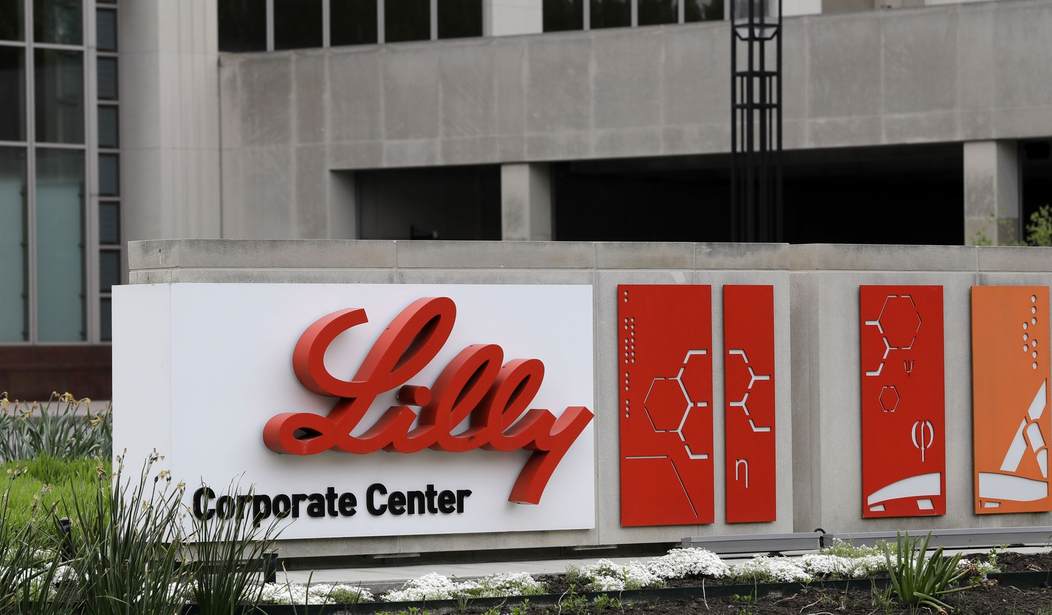There are two new drugs that are about to hit the market that show real promise in slowing the cognitive decline in Alzheimer’s patients.
Leqembi, from partner biotech firms Eisai and Biogen, and an experimental treatment developed by Eli Lilly, donanemab, are the first drugs to offer real hope of slowing the fatal disease for the 6.5 million Americans living with Alzheimer’s.
Both drugs work by removing beta amyloids — long identified as a primary toxin in the progression of Alzeimer’s disease — from the brain. The National Institute of Aging says that “Beta-amyloid clumps into plaques between neurons. As the level of beta-amyloid reaches a tipping point, there is a rapid spread of tau throughout the brain.” The clumping of plaque is progressive and irreversible.
But there was a lack of racial diversity in the clinical trials for the two drugs. Apparently, blacks and Hispanics have a significantly lower amount of beta amyloid in the brains of those afflicted with Alzheimer’s and because of that, were rejected when they volunteered to participate.
Eisai told Reuters that “49% of Black volunteers did not meet the trial’s amyloid threshold requirements, compared to 22% for whites and 55% for Hispanics.” This is despite the fact that Alzheimer’s afflicts blacks at a far higher rate than whites.
“Is it because MCI (mild cognitive impairment) or early dementia type-symptoms in Blacks are caused by other reasons more so than Alzheimer’s?” Eisai’s U.S. head, Ivan Cheung, pondered to Reuters in an interview. “We’re looking into it.”
Cheung said that “The drug was not designed to help specific ethnic groups or races.” But when has that ever stopped the outrage freaks?
The growing evidence of a disparity around amyloid, a defining characteristic of Alzheimer’s, is raising questions among some scientists about who will benefit from the two new treatments – the first ever proven to slow the rate of cognitive decline, the researchers said.
Referring to Leqembi, Dr. Crystal Glover, a social psychologist and expert in equity in aging research who leads clinical trial recruitment of the Rush Alzheimer’s Disease Research Center in Chicago, asked: “Is this even applicable to the groups that are most at risk?”
I hope she’s not suggesting that the research is irrelevant because it would mostly benefit white people. Probably not, but what’s clear is that there are other possible reasons for the disparity in the amount of amyloid in black people’s brains versus their level of dementia. Other factors could be affecting their eligibility to participate in a clinical trial:
In the United States, more than 75% of Black Americans are overweight or obese, increasing their risk of hypertension, high cholesterol, type 2 diabetes and sleep apnea – factors that raise the risk of vascular dementia, according to US government data. Socioeconomic factors play a role in obesity, and may also play a role in dementia.
A number of recent studies are finding that racism, and resulting inequities in income, access to high-quality medical care and healthy food, exposure to pollution and chronic stress affect the health and possibly the underlying biology of different populations.
The solution for the drug companies is to try harder to find blacks and Hispanics who meet the trial criteria. Eisai has been working with the NIH to test Leqembi’s effectiveness in preventing Alzheimer’s dementia among people with elevated amyloid but normal cognition. That would theoretically increase the number of black participants in clinical trials.
Related: Woke Doctor Suggests Body Cams for Physicians Because of the Rampant Racism She Claims to See
Dr. Joshua Grill, a University of California, Irvine, Alzheimer’s researcher, wondered if blacks were being afflicted with an entirely different disease.
“Is it that it’s not Alzheimer’s disease? Is something else causing their cognitive problems across all these studies? Is it that the biomarkers don’t quite work the same in those communities, or is it something else that we’re not able to measure?” Grill wondered.
These are two of the most promising Alzheimer’s treatments to date, although both are ruinously expensive. Leqembi is being launched at a price of $26,500 per year after it receives full FDA approval later this year.










